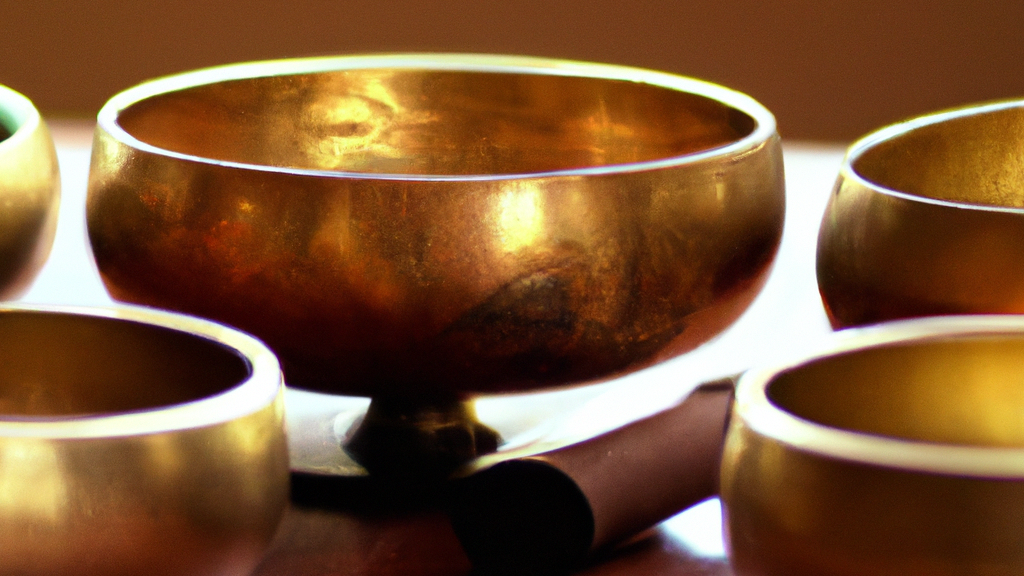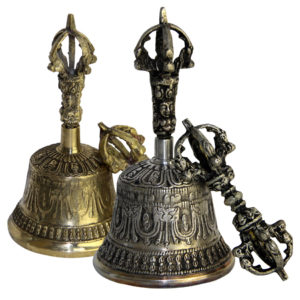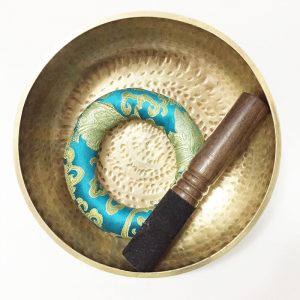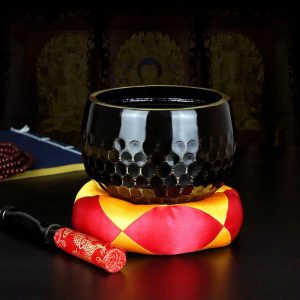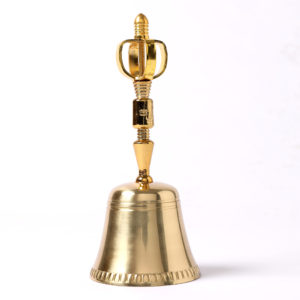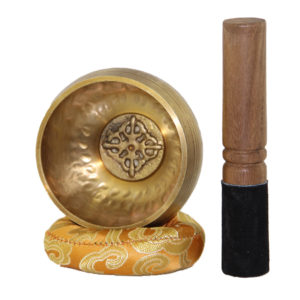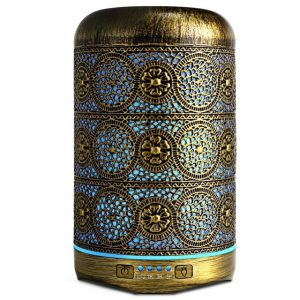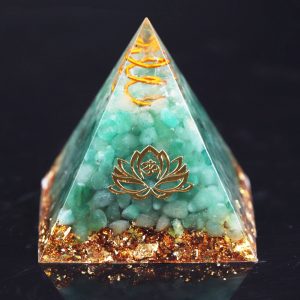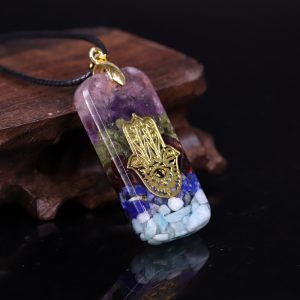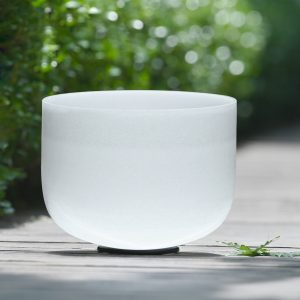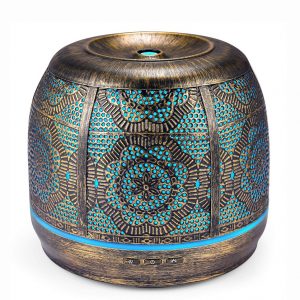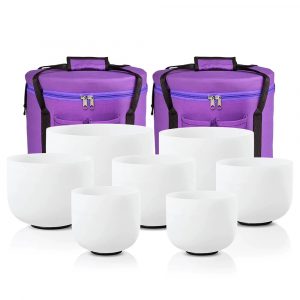Have you ever wondered about the difference between Japanese and Tibetan singing bowls? These two unique instruments, both integral to Buddhist traditions and meditation practices, differ in several key aspects. Let’s delve into the fascinating world of singing bowls and their distinct characteristics.
Japanese Singing Bowls
Japanese singing bowls, also known as rin gongs or suzu gongs, are a type of bell utilized in meditation and ritual ceremonies. You can often find them in Japanese temples or as components of traditional music. Typically, these bowls are larger and boast a thicker rim than their Tibetan counterparts. They are predominantly crafted from bronze, resulting in a simpler, more focused, and deeply resonant tone.
- $30.49 – $38.99 Select options This product has multiple variants. The options may be chosen on the product page
- $26.49 – $123.49 Select options This product has multiple variants. The options may be chosen on the product page
- $57.99 – $201.99 Select options This product has multiple variants. The options may be chosen on the product page
Tibetan Singing Bowls
On the other hand, Tibetan singing bowls, deeply ingrained in Buddhist tradition for centuries, serve a similar purpose in meditation and ritual ceremonies. These bowls are usually made from a blend of various metals, including gold, silver, copper, iron, tin, lead, and mercury. This unique blend is traditionally said to correspond to the seven planets of astrology. These bowls are generally smaller with a thinner rim, and they produce a complex tone filled with multiple harmonics.
The Primary Differences
So, what makes these two types of singing bowls different? The primary distinctions lie in their size, material, sound quality, and usage. Japanese singing bowls produce a purer, more resonant tone, while Tibetan singing bowls offer a complex array of sounds and harmonics, making them particularly suitable for certain types of sound therapy and meditation.
However, it’s important to note that there is a vast variety within both Tibetan and Japanese singing bowls, with some overlapping characteristics. The way they are used can also vary widely according to personal preferences and cultural practices.
Whether you’re drawn to the focused resonance of the Japanese bowls or the harmonic complexity of the Tibetan bowls, each offers a unique journey into the world of meditative sounds.
- $57.99 – $201.99 Select options This product has multiple variants. The options may be chosen on the product page
- $27.49 – $32.49 Select options This product has multiple variants. The options may be chosen on the product page
- $30.49 – $38.99 Select options This product has multiple variants. The options may be chosen on the product page

